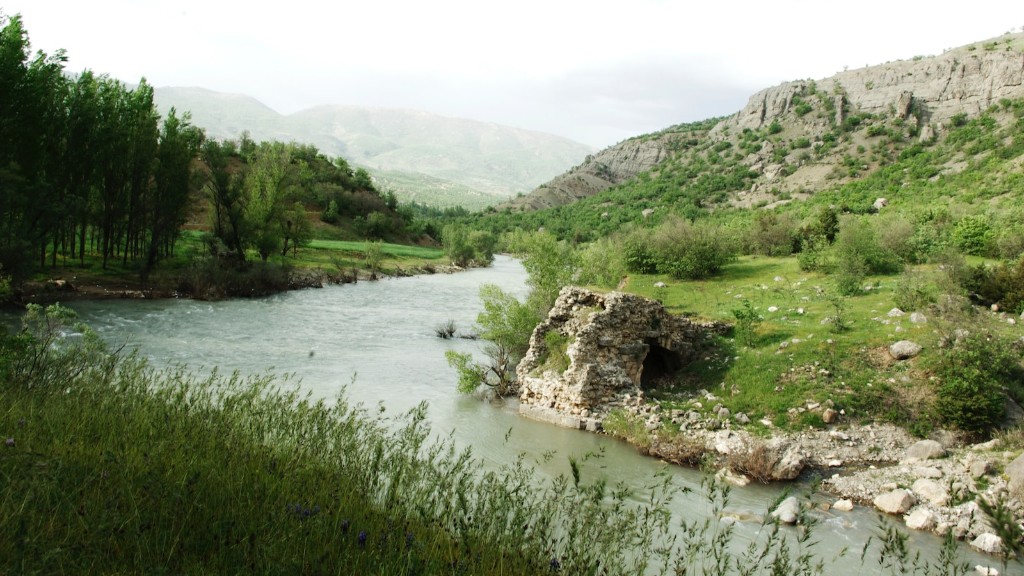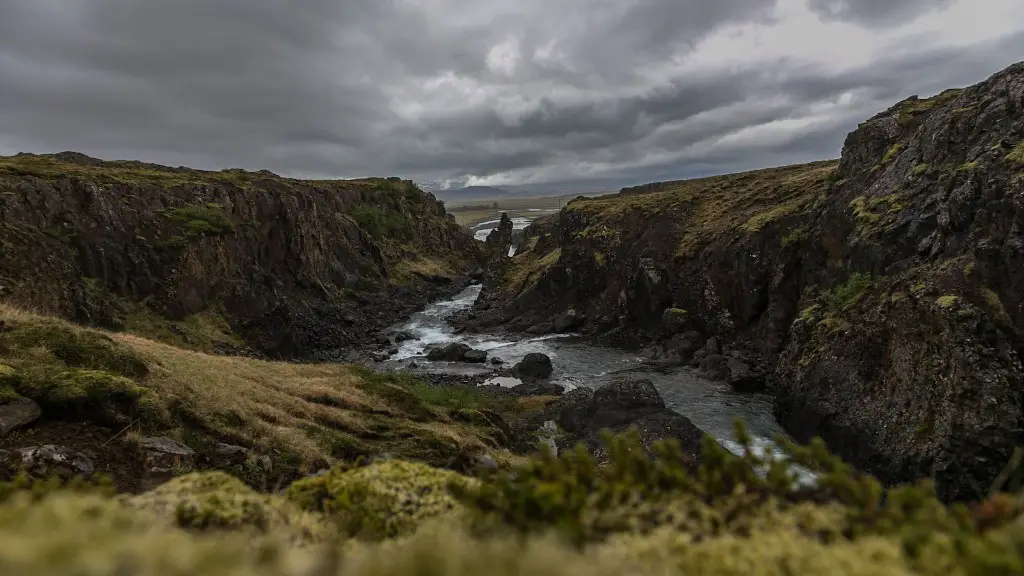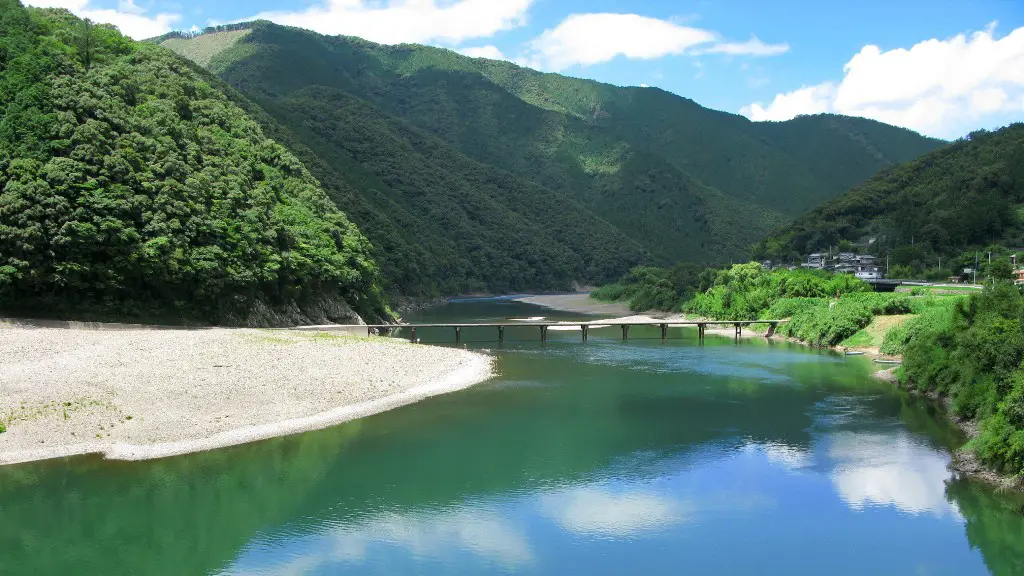Beyond its cultural and historical significance, the Mississippi River is a significant economic force. It is used for transportation, natural resource management, tourism, agriculture, and fishing. Each of these activities has a significant commercial impact.
For centuries, the Mississippi River has been used as a major transportation route throughout North America. It’s shallow draught and winding form made it the ideal path for steamboats, cargo ships, and ferry boats to navigate. Today, the river remains an important commercial trade route, as many cities and ports throughout the United States rely on the river for both cargo and passenger transport. The US Army Corps of Engineers and US Coast Guard both work to maintain the safety of commercial operations on the Mississippi River.
In terms of agriculture and natural resource management, the Mississippi River is a distinct source of fertility and productivity for many states along its path. Nutrients from the river are essential for the local vegetation and wildlife. Coincidentally, the river is also used as a natural resource for commercial fishing. The riparian conditions of the river make it an ideal spot for catching several species of fish, from catfish to bass. Consequently, the commercial fishing industry makes significant economic contributions by taking advantage of the region’s natural resources.
The Mississippi River is the cornerstone for several communities that live along its banks. It is not only a source of agricultural and commercial fishing, but also provides essential recreational activities. Cruise ships and ferry boats offer tourists a fascinating view, while several cities have utilized the waterway for a develop a thriving tourism industry. From the historical markers, like Jackson Square and the French Quarter of New Orleans, to the epic annual celebrations such as Mardi Gras, millions of individuals are drawn to the region for both leisure and adventure.
The importance of the Mississippi River for commercial purposes goes well beyond the region it passes through. By hosting a significant part of the nation’s barge traffic, this waterway serves as a direct economic conduit from all areas of the North American continent to the Gulf of Mexico. As such, it is an essential component of the national economy, both in terms of imports and exports.
Hydroelectric Generation
Hydroelectric generation, the process of producing electricity from running water, is another commercial use of the Mississippi River. Hydroelectricity is a renewable resource and generates significantly more efficient energy than traditional transportation systems. In total, there are seven major hydroelectric plants along the Mississippi River, providing an important source of electricity to towns and communities in the region.
Potential Environmental Impacts
However, the economic gains from commercial use of the Mississippi River come at a cost, as the opportunity for environmental damage is ever-present. Increasing traffic, agricultural activities, and hydroelectric development all hold the potential for irreversible ecological and hydrological damage. Farm runoff and sewage overflow add pollutants to the river that can degrade the quality of the water, as well as harm riverside vegetation and wildlife.
Oil Drilling
While not a major commercial use of the river, oil production is another controversial form of commercial activity in the region. Although it directly impacts the maritime operations along the Gulf of Mexico, there have been parts of the Mississippi River that have been targeted to explore potential oil reserves.
Conclusion
From transportation to tourism, the Mississippi River has played a crucial role in the North American economy since the earliest explorers. Whether it’s utilized for transportation, fishing, or generation of electricity, the Mississippi River must be managed in a sustainable way so that its potential commercial benefits will continue to be enjoyed.


